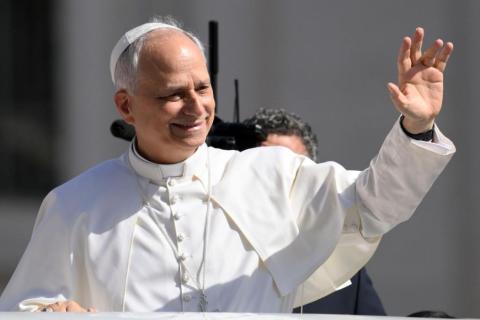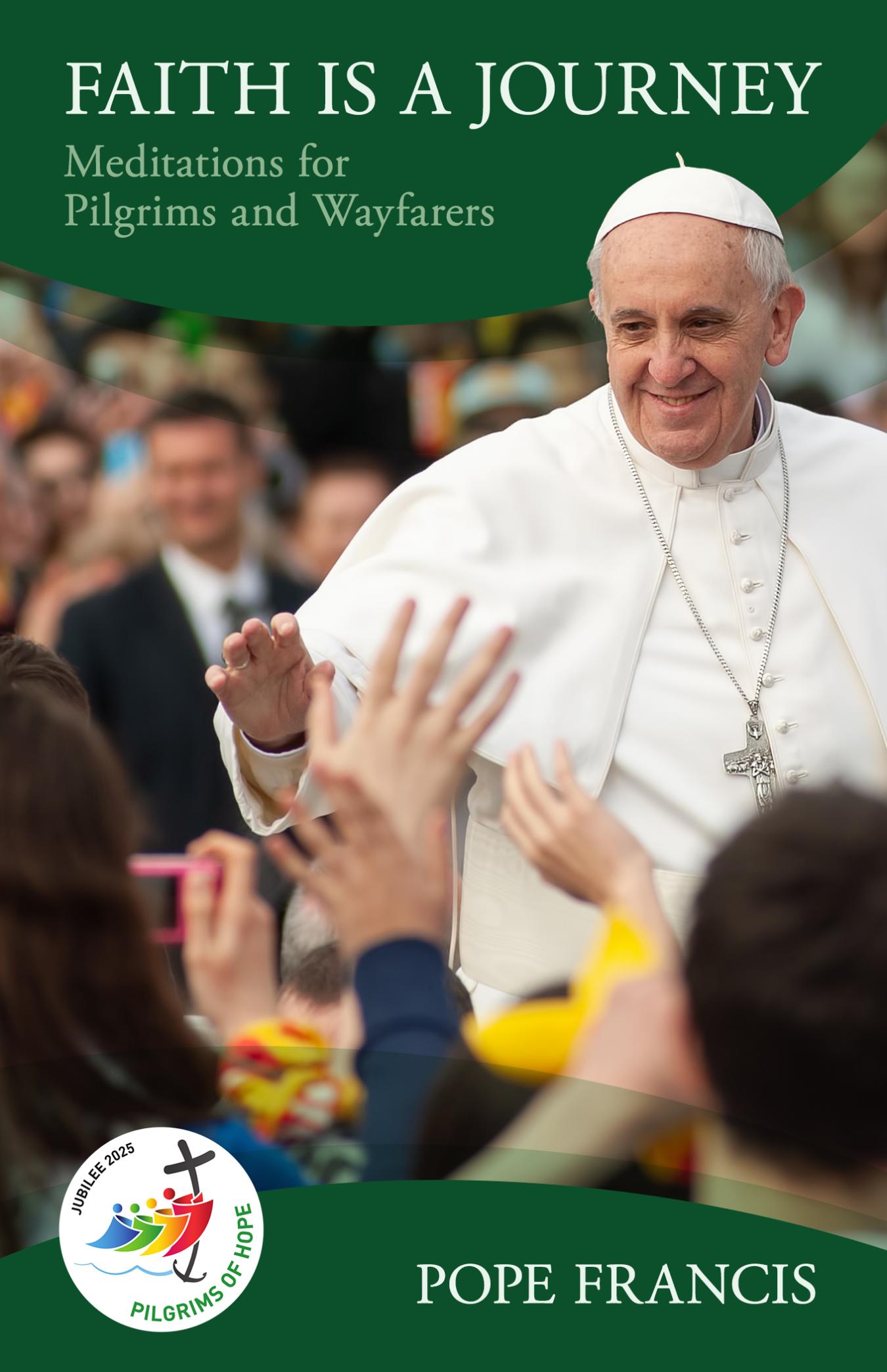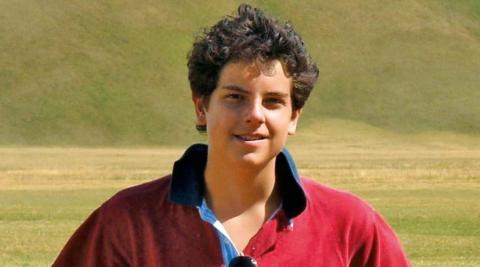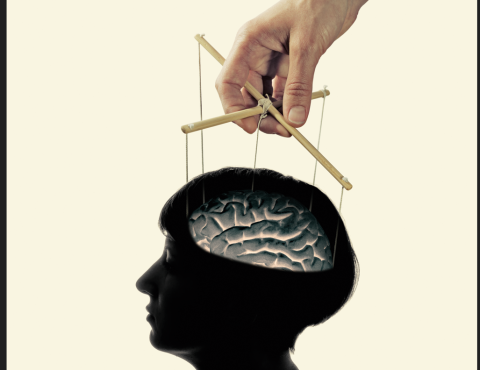The bishop is also a friar and priest of the Conventual Franciscans (OFM, Conv.), appointed to his see in the spring of 2015 by Pope Francis. Bishop Stowe was gracious to answer several questions for us
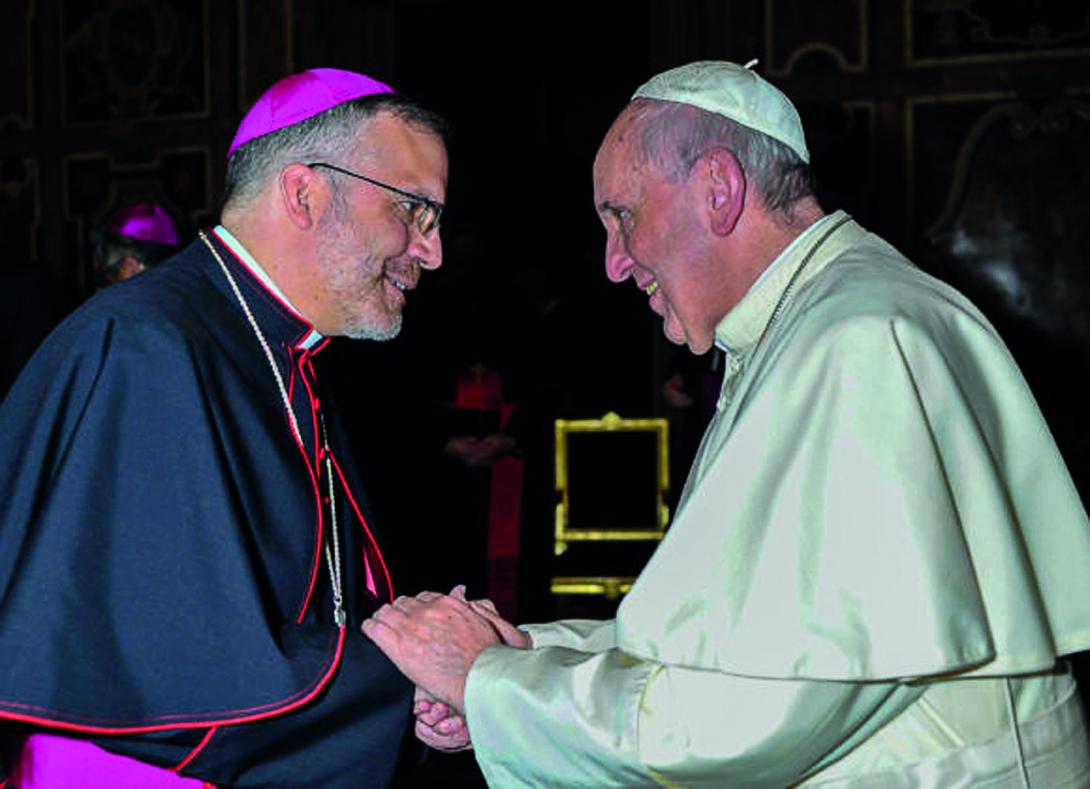
© Photo by Catholic Diocese of Lexington | cdlex.org
Bishop Stowe, I have heard you describe Pope Francis’s synodality with two phrases: “bold speaking” and “careful listening.” Have you seen this at work in a synod firsthand? I ask, because it seems that these two things may sometimes work against each other.
Since I have not participated in a Synod of Bishops, I have not witnessed this in action firsthand. I did hear a firsthand account of a bishop addressing the synod and making very pointed criticisms of Pope Francis and how he sat there unaffected during the session. But I take the Pope’s words at face value; I believe he wants participants to make their points boldly so that all perspectives can be taken into account, but one has to be willing to listen with attention and charity to what another is saying.
How can synodality happen in a culture of polar views and circumscribed audiences?
I think it’s clear that synodality requires an encounter. That is why I am so critical of the North American decision not to have a synodal assembly and only work on line. For synodality to work, the ground rules or etiquette have to be clearly established and followed, and those rules include a willingness to listen. In our local synod sessions, we found that prayer, lectio divina and reminding people that they were not debating allowed for good exchanges and good listening. Of course, a circumscribed audience kind of rules out synodality.
Are people really able to listen in a way that they would change their minds? Have you seen this happen?
My best experiences of people listening and changing their minds come not from listening to arguments and theses, but to hearing stories and accepting the teller as a brother or sister. . I have witnessed harsh attitudes towards immigrants melt away when the anti-immigrant hears the story of the immigrant and what they have experienced that led them to leave their home country. Not sure if it was a changed mind or a changed heart, but I think the heart leads.
And then I think of some of the changes to the Church that have come out of the synodal process in Germany. How do we know what is a good change, and what is a bad change?
I suspect that Pope Francis would invoke the art of discernment. Is the “change” really at the prompting of the Holy Spirit or is part of the agenda of one portion of the assembly?
Is a synod supposed to reach the disaffected and the alienated? How?
The synod is expected to reach the disaffected and the alienated, or at least some among their number. I heard from several places how eager the disaffected/alienated were to be asked about their experience and to express what they felt without interruption. When they were certain that they had been heard, they were more capable of hearing responses to their experience.
What do you mean when you say that a synod is not meant to be an event?
Diocesan synods are programmed events when they happen, at least until now. The Synod of Bishops was meant by Vatican II to be an ongoing structure within the Church which is periodically assembled. Pope Francis is strengthening the ongoing structure and also eager for the Church to be more engaged in consultation, listening and dialogue in the decision-making process and therefore more synodal. The pope’s recent directives for the structure of the Diocese of Rome have incorporated a more synodal approach.
Is synodality an ancient practice?
The classic example of synodality is in Acts 15 when the apostles had to decide how best to receive Gentiles who believe in Christ and how much of Judaic laws and practices would still apply to them.
The Eastern Church, especially without a comparable office to the papacy which can govern from the top down, has always employed synods to provide direction to the church when more than one local church was involved.
Are there examples in history of synodality changing the Church?
All of the Ecumenical and many of the smaller councils changed the church, whether more precisely defining beliefs or changing practices. Undoubtedly there have been more localized synods that have brought about changes, including some that temporarily healed the East-West schism.




